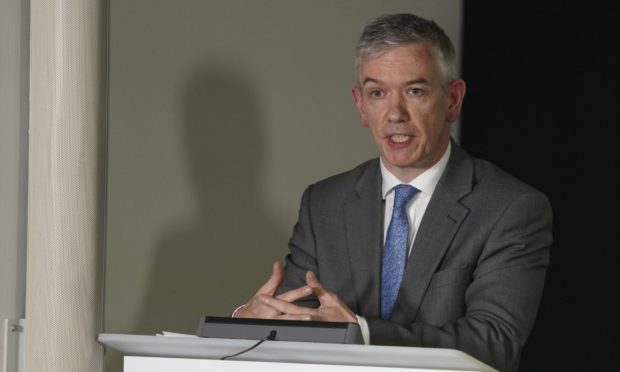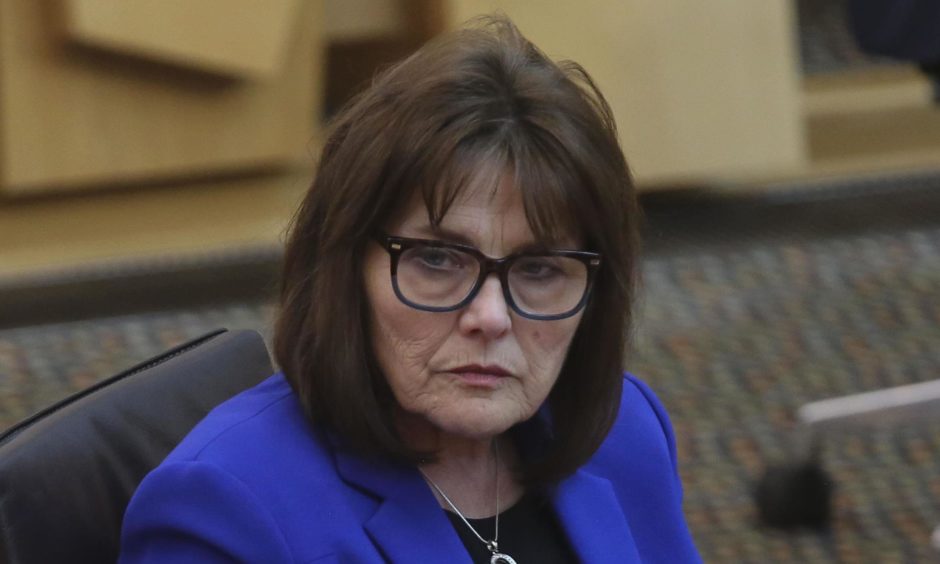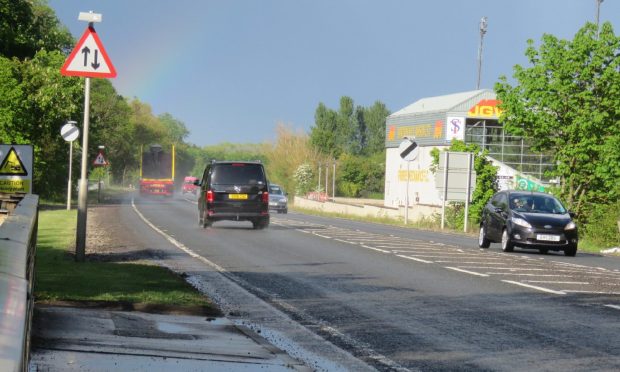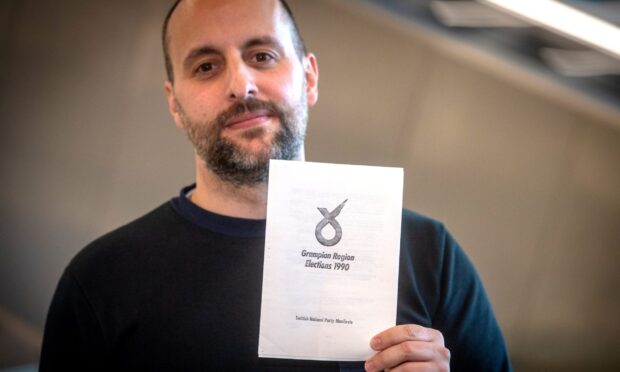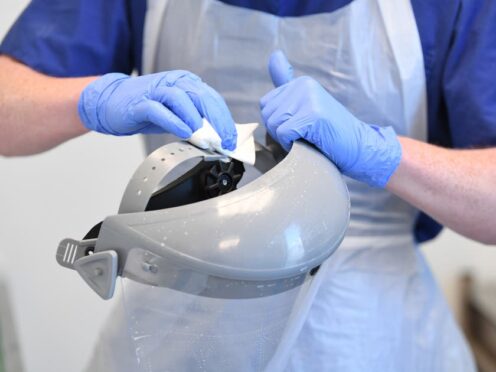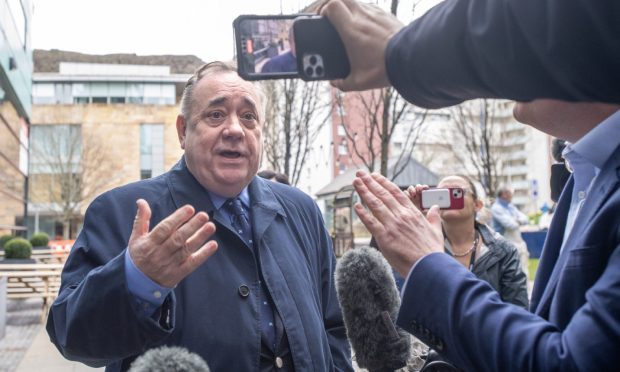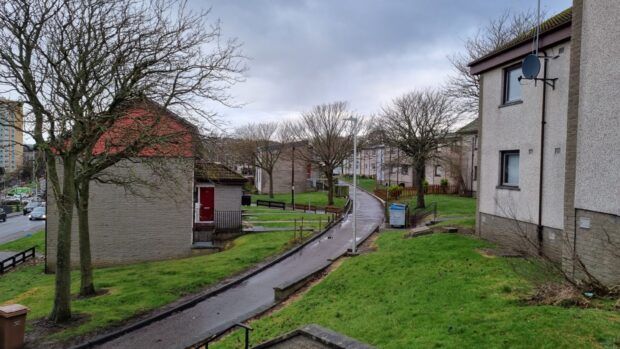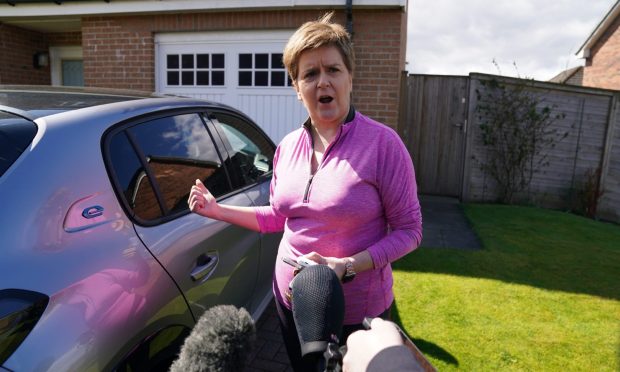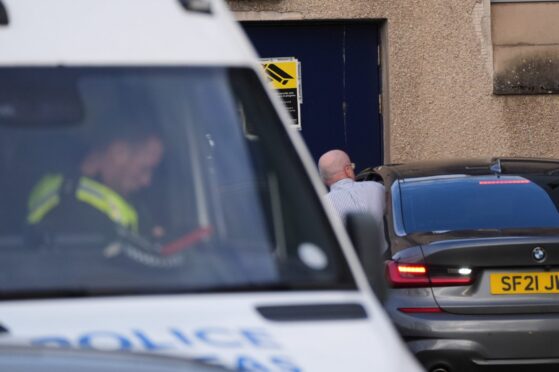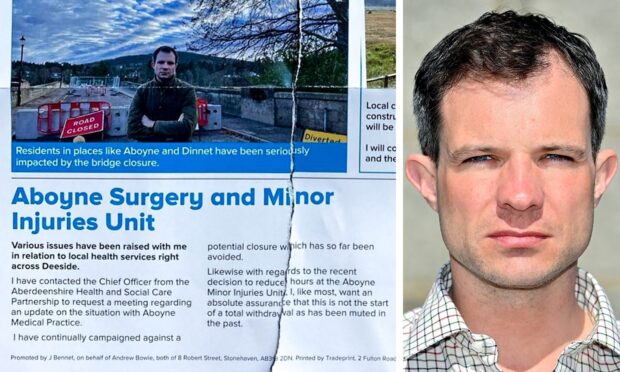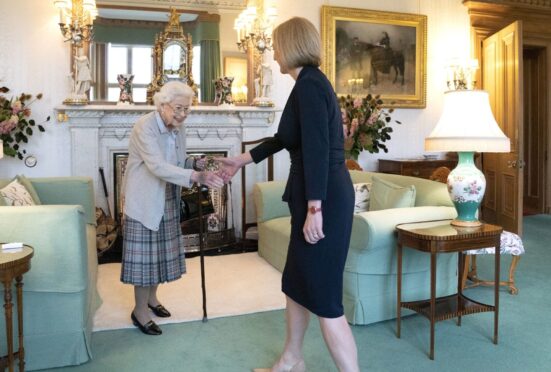People with lung cancer symptoms are being urged to contact their doctors, amid fears that signs of the disease are being ignored during the coronavirus crisis.
The appeal was made by Chief Medical Officer Dr Gregor Smith at the Scottish Government’s daily Covid-19 briefing when he was asked about reports suggesting up to 35,000 excess deaths could be caused by treatment delays during the pandemic.
The study, conducted by DATA-CAN, the Health Care Research Hub (HDR UK) for Cancer, modelled different outcomes depending on how long services take to get back to normal levels.
The scientists concluded there could be at least 7,000 additional deaths but, in a worst case scenario, if delays continue, there could be 35,000 additional cancer deaths within a year.
According to the scientific study, rates of urgent cancer referrals were 45% below pre-emergency levels at the end of May.
Scottish data have suggested that urgent referrals were 72% below the norm in April.
However, Health Secretary Jeane Freeman said that by the week ending June 20 urgent suspected cancer referrals had increased to and were running at 70% of pre-Covid levels.
Dr Smith admitted he had been “uneasy” about people failing to come forward for help with non-Covid-19 illnesses.
He said doctors were not seeing as many people as normal. He was encouraged by increasing referrals, but they were not back to normal.
Dr Smith wanted people with unexplained coughs to come forward. That was because NHS data showed there had been a “drop off” of referrals where there is a suspicion of lung cancer.
“Now, I don’t believe that’s a natural decline,” Dr Smith said. “I suspect there are people who have symptoms and are perhaps apprehensive about coming forward just now.
“Please, if you’ve got symptoms, new symptoms such as chronic coughs, coughing up blood – in particular, that you are worried about, have a conversation with your clinician. Speak it over, decide how best to approach that. And if necessary we will make sure there is a proper investigation of it.”
